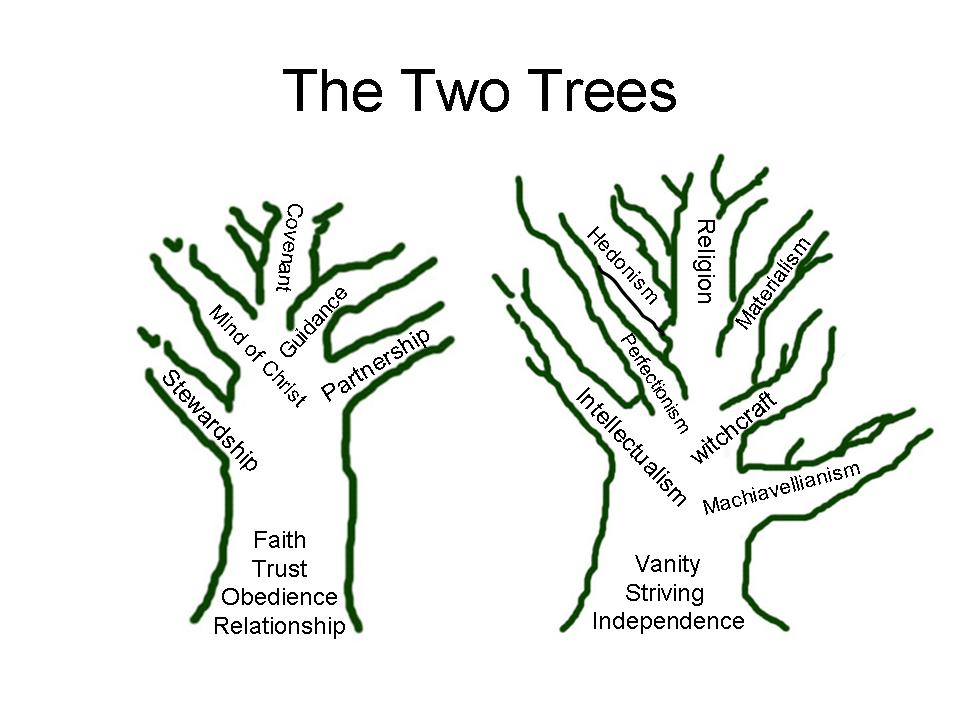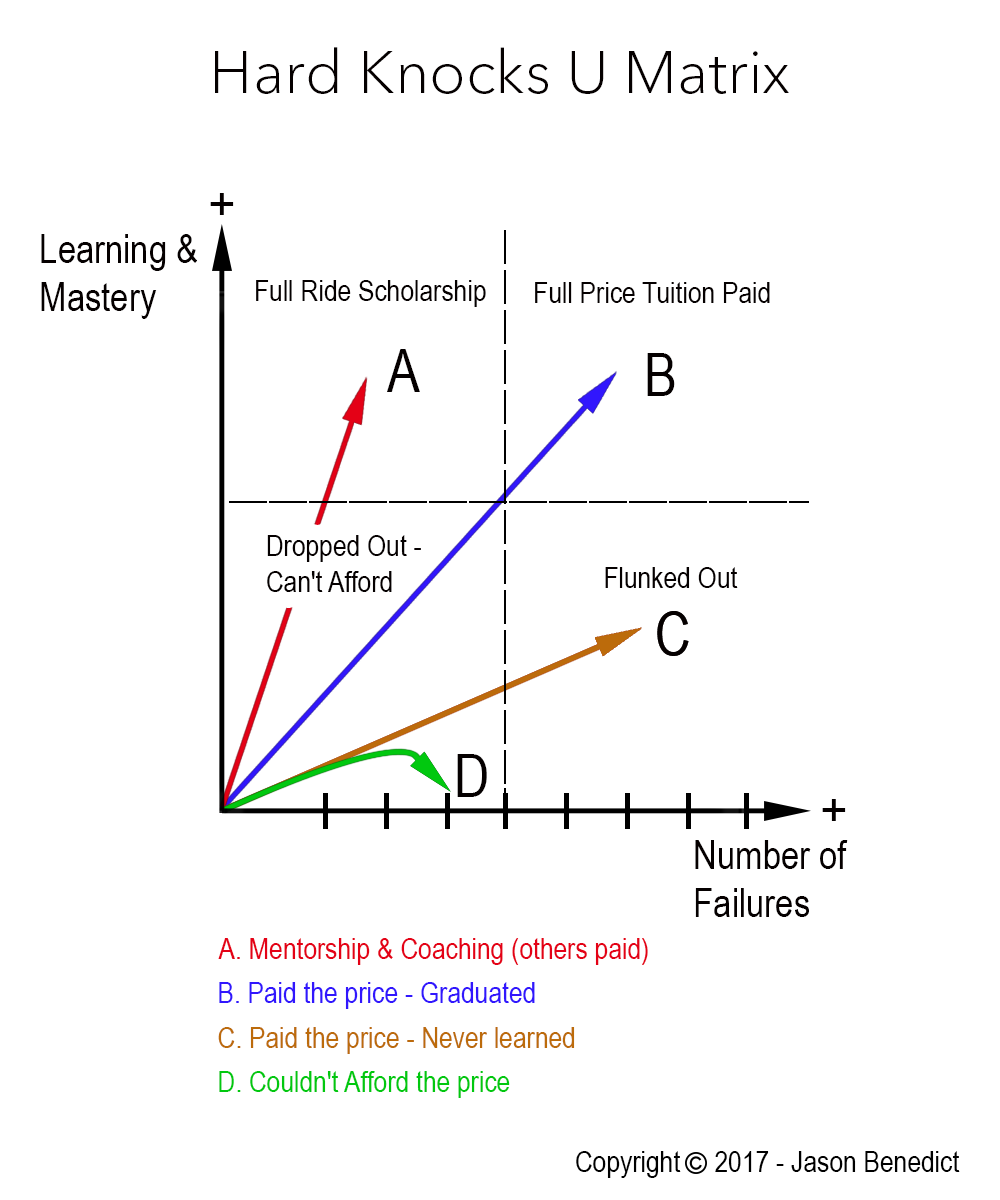by Jason Benedict
In my book Eden Inc. I make the case that the Eden narrative sets the precedent for a global enterprise mandate. That the mandate in Gen 1:26 is to extend the rule (or Kingdom) of God to the ends of the earth. I believe the means for the completion of this mandate is enterprise. Within this construct, the Garden of Eden is not some primordial jungle but rather a functioning agricultural enterprise that was given to Adam and Eve to accomplish a global mission.
“Then God said, “Let us make man in our image, in our likeness, and let them rule over the fish of the sea and the birds of the air, over the livestock, over all the earth, and over all the creatures that move along the ground.” So God created man in his own image, in the image of God he created him; male and female he created them. God blessed them and said to them, “Be fruitful and increase in number; fill the earth and subdue it. Rule over the fish of the sea and the birds of the air and over every living creature that moves on the ground.” (Genesis 1:26-28 NIV: emphasis mine)

Genesis is a rich book when it comes to developing a theology of enterprise. We find the mandate, means, mission construct mentioned above, but we also see the introduction of satanic influence into God’s system, the resulting fall, and the introduction of a diabolical alternative to God’s intention for enterprise.
As we have discussed, God’s original intention for enterprise (insert “business” if you like) was for it to be an economic engine for His global purposes. God was in a very real sense the ultimate entrepreneur, and he brings man in as a partner (a regent) in his operation. This partnership was a covenant relationship that involved Adam having a daily consultation with God. God would consult with man who would then implement God’s purposes in the Earth. Out of this relationship of love, trust, reliance, and obedience blessing flowed intoEden and was supposed to flow into the entire Earth. This relationship was shattered by the introduction of sin and a new order or world system. These two competing systems are paralleled in the two trees of the garden.
The Tree of Life is analogous of covenant relationship with God (more on this later), and the Tree of the Knowledge of Good and Evil (Tree of Knowledge for brevity sake) is about the attempted misappropriation of divine prerogatives. The eating of its fruit represents the inauguration of the kingdom of darkness.
[The serpent said] “…when you eat of it your eyes will be opened, and you will be like God, knowing good and evil.” (Genesis 3:5 NIV)
That tree was for God alone, and was off limits to man. It is the “me” tree, it is about controlling your own reality, destiny and outcomes. Conversely, The Tree of Life represents listening, trusting, and obeying. The Tree of Knowledge is about independence, being in charge or being _____ enough (Fill in the blank.).
Branches of the Tree of Knowledge are:
- Intellectualism: being smart enough to control destiny
- Perfectionism: being good enough, beautiful enough or perfect enough…
- Witchcraft: using secret knowledge to manipulate outcomes (I couldn’t think of a phrase with enough in it).
- Machiavellianism: Trying to be powerful enough to control destiny.
- Materialism: Being rich enough…
- Vain Religion: Being pious enough…

We are constantly confronted with temptations to live our lives out of the Tree of Knowledge. The world system pulls on us like gravity on a swimmer: To be passive is to be sucked under. Go through the list above and think about the pull that these things exert our lives. I know that they pull on me. Just think of the blizzard of advertising we are each exposed to: you note that these themes predominate.
When I reflect on the times in my life when I was trying to go it alone (or simply slipped into going it alone), I have flashbacks of the fear, anguish, worry and strife associated with those times. If I had to do word association I would come up with PRESSURE. When I think about the times in my life when I have been walking in reliance upon God, the word that comes to mind is PEACE.
An Understanding of the Two Trees Applied to Finances
One of the most common ways that this worldly system manifests itself is in the temptation of riches. This is even evident in the terminology we use. We say things like, “He is independently wealthy,” or “I want financial independence.” The sentiments represented by these statements stem from the world system based on the attempted misappropriation of divine prerogatives. The desire for riches is always condemned in scripture.
“People who want to get rich fall into temptation and a trap and into many foolish and harmful desires that plunge men into ruin and destruction. For the love of money is a root of all kinds of evil. Some people, eager for money, have wandered from the faith and pierced themselves with many griefs.” 1 Timothy 6:9,10 NIV
“Whoever loves money never has enough; whoever loves wealth is never satisfied with his income…” Ecclesiastes 5:10 NIV
“You cannot serve both God and money.” Matthew 6:24 NIV
While the scriptures summarily condemn a wealth motivation, those who desire blessing are commended. Examples are Jabez and Jacob.
“Jabez was more honorable than his brothers. His mother had named him Jabez, saying, “I gave birth to him in pain.” Jabez cried out to the God of Israel, “Oh, that you would bless me and enlarge my territory! Let your hand be with me, and keep me from harm so that I will be free from pain.” And God granted his request.1 Chronicles 4:9,10 NIV [emphasis mine].
“So Jacob was left alone, and a man wrestled with him till daybreak. When the man saw that he could not overpower him, he touched the socket of Jacob’s hip so that his hip was wrenched as he wrestled with the man. Then the man said, “Let me go, for it is daybreak.” But Jacob replied, “I will not let you go unless you bless me.” Gen 32:24-26 NIV.
To the casual onlooker, blessing and wealth may appear to be essentially the same thing but, there is a marked difference in the motivation behind the two. The concept of riches as we have seen is rooted in independence from God. The concept of blessing is rooted in covenant relationship. For much of my life I thought that if I could just get rich enough I would be able to rest: I could stop worrying and striving to get by, make ends meet, and support my family. I have discovered this kind of thinking is a vain delusion. God does desire for us to be able to rest, but that rest is the rest of relationship and not the rest of riches!
I have always been inspired by the stories of European Jewish families that escaped the Nazi holocaust with little more than their lives: The Third Reich froze their accounts, stole their art, and looted their businesses. Yet many of these families rebuilt their wealth in one generation. Part of the explanation for this is that these families were experts at building human capital, the other part is that though people can steal your goods they cannot steal your blessing. Riches are temporal, but blessing is eternal.
I wish that every Christian family had a strategy to see their passive income surpass their regular expenses. I am just saying that this strategy should be informed and motivated by a desire for covenant blessing and not financial independence.
The principles of covenant blessing are Sunday school simple, yet in their simplicity they somehow elude us:
- The blood of Christ has established a new and living way into Relationship with God.
- Agree with God and be blessed
- Listen to God’s voice and obey.
- We are blessed to make us a blessing
- God is absolutely unique and everything is ultimately about God.
It is as simple as repent, agree, trust, worship, listen, and obey. It seems to me that many of the Old Testament laws are meant to encourage these basic things. This seems true of the laws governing Old Testament economics: the Sabbath, the Jubilee, tithes and offerings. These laws would seem to have the effect of putting Israel at a severe economic disadvantage to their neighbors (competitors).
- You must work one fewer day than your competitors.
- You must tithe 10% of your income rather than reinvest it for growth.
- You cannot accumulate real property much beyond one generation.
- You cannot charge interest to your brethren.
These laws basically give Israel a handicap in all the areas that economists call the factors of production: Land, Labor and Capital. I believe that this is rooted in a supernatural paradigm of covenant blessing that essentially says, “yes these things are handicaps, and they do put us at a competitive disadvantage naturally speaking, but we trust in God and have a covenant with Him and this fact nets us an overwhelming competitive advantage.
Applying this Understanding to the Extension of the Kingdom
Much is being written about Kingdom Business and Business as Misisons these days, and I am excited about this. Nevertheless, we need to make sure that our businesses are realy of the right kingdom. I believe this two trees paradigm is essential to getting our motivations right. As I talk to people that are a part of the Kingdom business movement, I realize that we have some work to do in this area.
From a spiritual warfare perspective we need to make sure we are not ignorant of the enemy’s devices. Missiologists are concerned with animistic syncretism and witchcraft in African, Asian and LatinAmericanChurches, and they should be. Yet, North Americans should be just as concerned about the rampant syncretism in our churches. We have mixed biblical truth with our own brand of materialism and this is just as idolatrous.
It is interesting that in animist, totemistic and polytheistic belief systems there are deities and powers associated with the branches of the tree of the Knowledge of Good and Evil. In these religions you find false gods of knowledge, pleasure, materialism, etc. I believe this stems from man’s fallen desire to place his trust in substitutes to a simple relationship with God.
Finally, I think getting this right is key to the Church being able to overcome evil with good (Romans 12:21).








